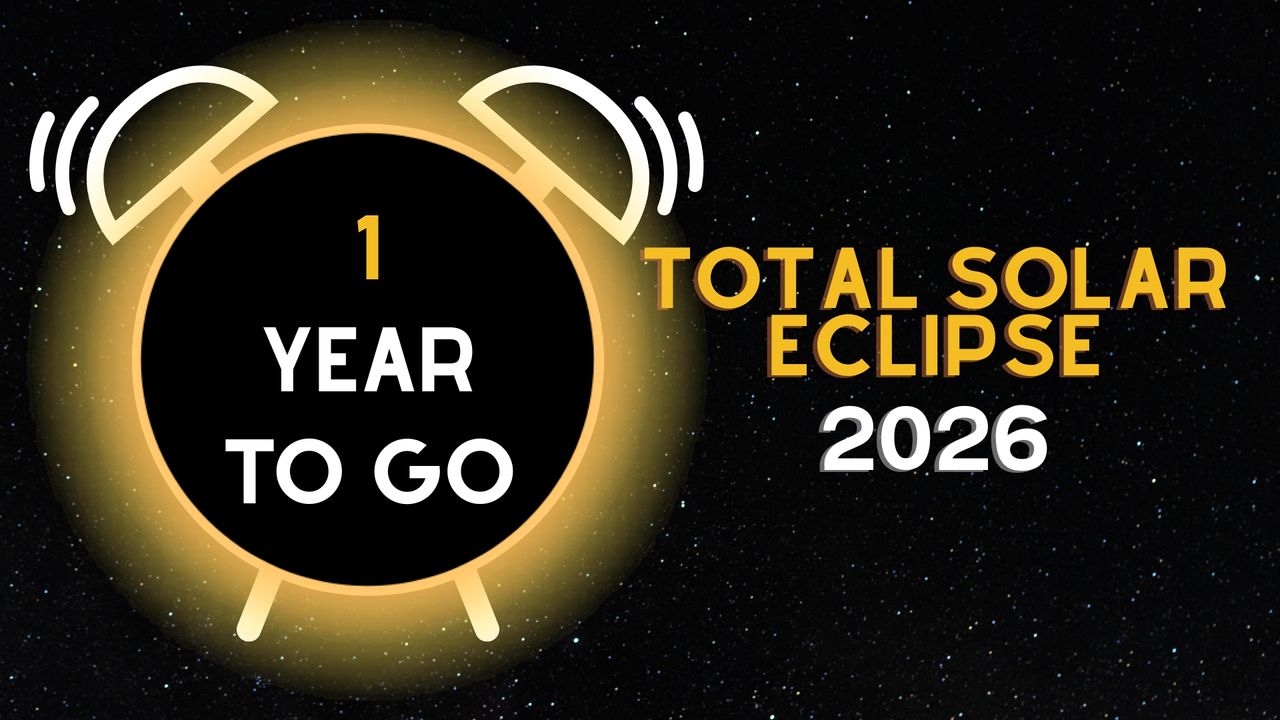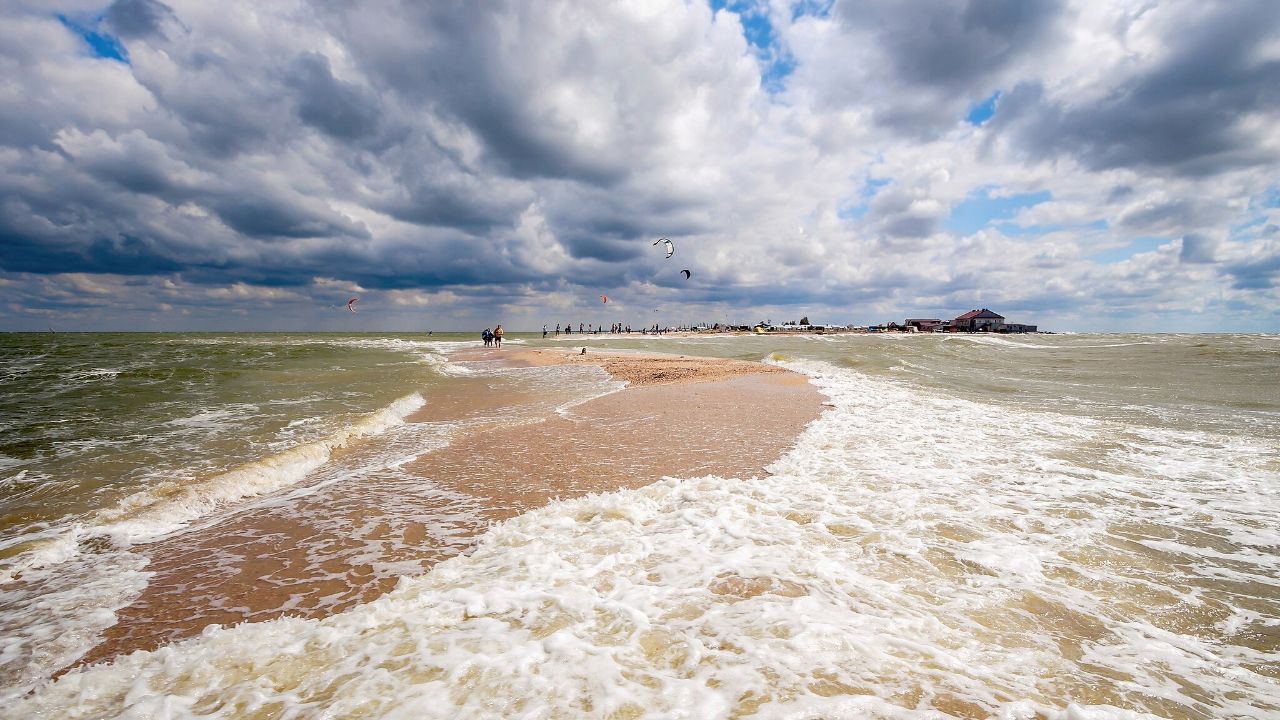Now Reading: Countdown to 2026 Solar Eclipse: Key Details You Must Know
-
01
Countdown to 2026 Solar Eclipse: Key Details You Must Know
Countdown to 2026 Solar Eclipse: Key Details You Must Know

Speedy Summary:
- Event: A total solar eclipse will occur on August 12, 2026, visible in Spain, Iceland, Greenland, and parts of the sea.
- Path of Totality: Begins in the Arctic and stretches over Iceland before finishing in Spain during evening hours.
– Total darkness will last up to two minutes in cities like Valencia, zaragoza, and Palma de Mallorca.
- Best Viewing Locations:
– Spain offers favorable weather conditions with clear skies anticipated.- Iceland provides dramatic landscapes for viewers despite less predictable weather.
- travel Planning:
– Accommodations are already filling up; early planning is advised for popular viewing spots.
– Guided tours and cruises are being offered as curated experiences for skywatchers.
- Readiness Tips:
– Seasoned eclipse chasers recommend focusing on weather predictions and packing essentials like eclipse glasses.Images included:
!Alarm clock graphic mentioning 2026’s solar eclipse
!Map showcasing the path of totality
Indian Opinion Analysis:
India may not be directly impacted by the upcoming 2026 solar eclipse given its geographic path across Europe and the Arctic region; however, such celestial phenomena still hold cultural meaning stemming from rich spiritual traditions around astronomical events. The global excitement surrounding this event highlights growing interest worldwide in astrotourism-a sector where India has untapped potential due to its own astronomical heritage sites and diverse geography suitable for sky observation.
Opportunities could arise from lessons learned internationally-as seen with proactive travel planning efforts around this event-to position India as a host destination for future celestial events or astronomy tourism initiatives. Leveraging India’s expertise in space science (via ISRO) can also promote general awareness about safe viewing practices domestically during eclipses or similar occurrences locally visible. Positioning itself strategically within such a trend could foster both scientific curiosity and economic growth while aligning cultural reverence with modern astrotourism ventures.
























